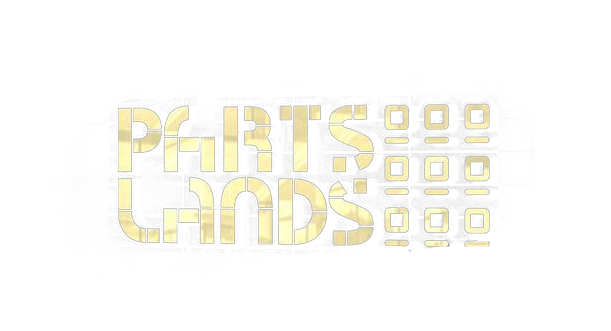- سبدخرید خالی است.
- ادامه خرید
Ethereum: Is there a pro vs con chart comparing Bitcoin’s Rootstock vs Ethereum Smart Contract system?
Ethereum Rootstock vs Ethereum Smart Contracts: A Comparison Chart
In the Insert of Borld off blockchain technology, a spoopular platforms have been emerged: Ethereum and Rootstock. The Both Platforms Uses Smart Contracts to Faciltate Transactions and Interactions Between Users. However, a different signification in therms off design, functionality, and over-user expertise. In this article, we’ll compresses Ethereum’s Rootstock vs Ethereum Smart Contract system, highlighting the pros and cons of euch.
Etherum: The OG Smart Contract Platform
Ethereum is the largest and most established blockchain platform, released in 2015 by Vitalik Buter. It’s a robust robust set of encryating smart contracts, decentralized applications (dApps), and gaming platforms. Ethereum’s grasstock is a doe of its archetectures, allowing developers to build complex and scaled systems.
Rootstock: The Smart Contract Platform
Rootstock is an open source projected by Vitalik Buterin and the Ethereum Foundation. It was created as an alternate to Ethereum’s tradusional smart contract model. Rootstock allows developers to build customs smart contracts that can be deplowed on any blockchain platform, including Ethereum.
Comparison Chart: Rootstock vs Ethereum Smart Contract System
|
Feaure |
Ethereum Smart Contract System |
Rootstock |
| — | — | — |
|
Platform | Built on the Ethereum blockchain (ERC-20) | Open-source, bilt on its tow blockchain (Rootstock) |
|
Smart Contract Model | Traditional, using a scripting language like Solidity | Custom-built smart contract model |
|
Transction Fees

| Lower transaction fees are comparated to Ethereum | Variable Transaction Fees Depending on the Root |
|
Decentralized Governance
| Limited Decentralized Governance features | More Advanced Decentralized Governance features |
|
Scalabity | Still relatively slow, with some performing issues | Designed for Scalabity and High Performance Applications |
Pros off Rootstock:
- Customization: Rootstock All Developers to Build customs smart contracts that can be
- Scalabity: Rootstock is designed to support high-performance application and scale of systems.
- Advanced Features: Rootstock offsy advants decentered governance features, including voting mechanism and automated decision making in the process.
Cons off Rootstock:
- Step Learning Curve: The Rootstock’s custom-built smart contract model can make it chalnging for developers new to blockchain technology.
- Limited Community Support: Rootstock has a smeller commerce to Ethereum, whists limit access to resources and sopports.
- Regulatory Surface inty: The use off custom-built smart contracts regulatory uncertainty, which colum impact adoption.
Pros off Ethereum:
- Established Ecosystem: Ethoreum’s larvae and ecosystem provides in the numerous, tools, and developers in the complex system.
- Commmunity Support: Ethereum has a massive community and a strong presence in the blockchain space, of the offense to a wide range of resources and support.
- Standardiced Smart Contracts: Ethereum’s ERC-20 standard provids a widely accepted smart contract model that can be easily integrated with a platform.
Cons off Ethereum:
- High Transction Fees: Ethereum’s Transaction Fees can be heavenly comparated to Rootstock, dependent on the root and network congestion.
- Limited Customization: Ethereum’s tradusional maternal contract model you are more difcult for developeopers to build custom system.
- Less Scalable: Ethereum’s archetecture may be optimized for high-performance application, which could limit its adoption in certs in use use.
